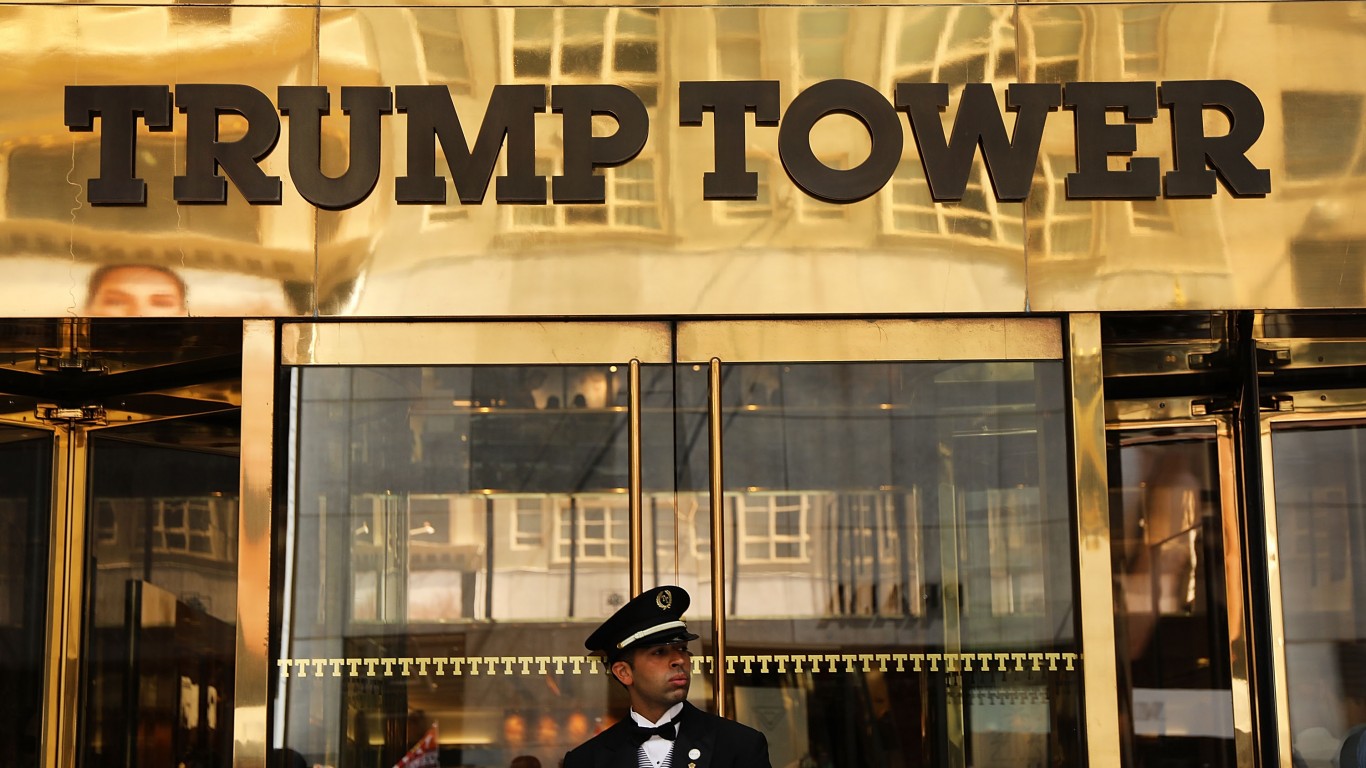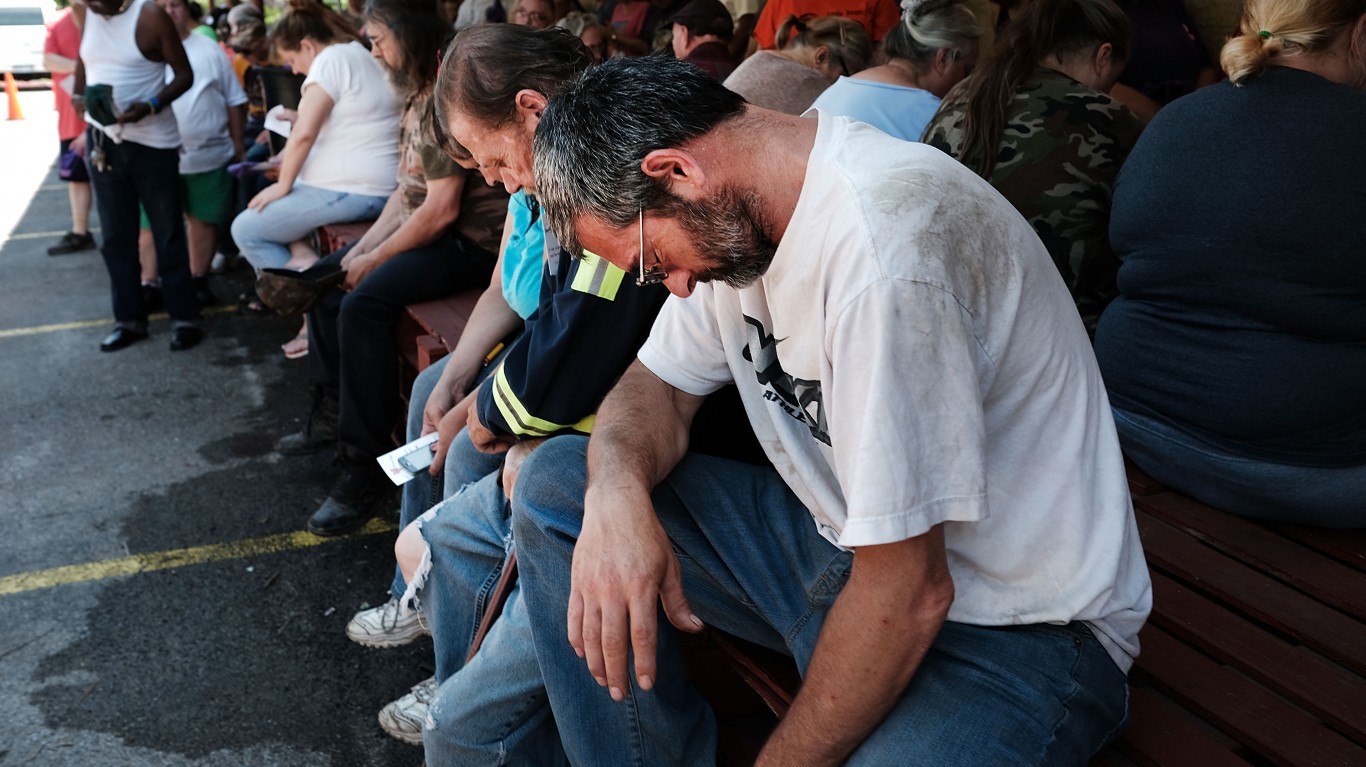Lost in the battle over Greek debt and austerity is the fact that unemployment among people under 25 remains over 50%. At 50.1% in February, the last available data, even if Greece can pay its debt short term, an entire generation could contribute little to gross domestic product GDP and taxes. This is particularly concerning as these unemployed people reach the core years of their earning power, probably a decade from now.
Unemployment among the entire population of Greece was 25.4% in February, according to Eurostat. Among the 28 members of the European Union, the figure was 9.7% in the most recently reported period.
There is no way to imagine where new employment can come from. The International Monetary Fund (IMF) expects unemployment in Greece to stay above 20% through 2017, and then improve very slowly after that through 2020, the last year of its projection.
A large body of economists believe that unemployment breeds poor GDP performance (or, the other way around), which increases national indebtedness as a country struggles to pay its bills, and high indebtedness drives a need for austerity to cut national debt. However, does austerity allow for any economic stimulus? For the most part it does not.
ALSO READ: Countries With the Widest Gap Between the Rich and the Poor
So, as Greece moves toward a national referendum on the country’s position on its debt payments, the jobless are likely to reject to more money going to the European Central Bank, IMF, EU and private creditors. According to The New York Times, Prime Minister Alexis Tsipras said: “The goal of some of Greece’s partners is the humiliation of an entire nation.”
If that is so, it is a humiliation of people who, in a great number of cases, do not have jobs, and thus the ability on their own to create GDP improvement, and with it a tax base as a means to improve the Greek economy so that it can pay back at least some of its obligations. With unemployment above 50%, such a cycle is hardly possible.
In 20 Years, I Haven’t Seen A Cash Back Card This Good
After two decades of reviewing financial products I haven’t seen anything like this. Credit card companies are at war, handing out free rewards and benefits to win the best customers.
A good cash back card can be worth thousands of dollars a year in free money, not to mention other perks like travel, insurance, and access to fancy lounges.
Our top pick today pays up to 5% cash back, a $200 bonus on top, and $0 annual fee. Click here to apply before they stop offering rewards this generous.
Flywheel Publishing has partnered with CardRatings for our coverage of credit card products. Flywheel Publishing and CardRatings may receive a commission from card issuers.
Thank you for reading! Have some feedback for us?
Contact the 24/7 Wall St. editorial team.




